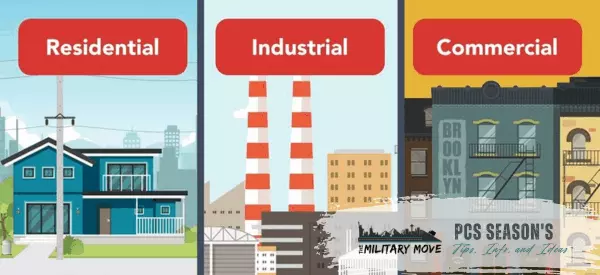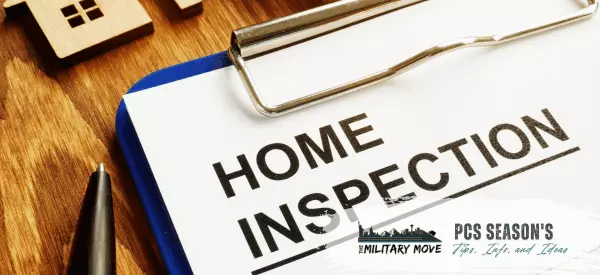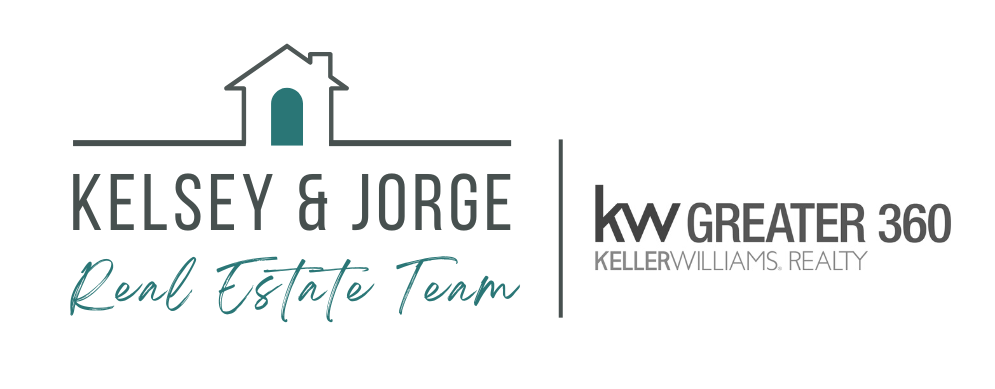What Expenses to Expect When Purchasing your Home or Condo
by Kelsey Ramirez
When purchasing a home or condo, there are several upfront and ongoing expenses to consider beyond the purchase price. Here’s a breakdown of the typical costs you can expect:

Typical Cost: The typical cost for down payment can range from 3% – 20% of the purchase price. However, many programs such as conventional and FHA can do on average 3-5% down. The larger your down payment, the lower your mortgage and monthly payments. Depending on the loan type (conventional, FHA, VA), the required down payment can vary. One of the many perks of the VA though, 0% down required. You can choose to pay a down payment, but you are not required to do so.
Mortgage Costs
Mortgage costs can vary from lender to lender. It is important when you are shopping lenders to have them provide loan proposals on the same day (when rates would be similar). It’s also important to ask them to provide you their “par” rate. The following items will affect the costs of the mortgage itself.
1) Loan Origination Fees: Often lenders will charge an origination fee, usually 0.5% – 1% of the loan amount. This is the fee charged by the lender for processing the loan. However, in some circumstances, the lender will charge a flat fee. This is more highly desired at higher price points as it is more affordable.
2) Discount Points: Discount points are what make the interest rate lower (and not always a beneficial option). Every lender has a “par” rate that is free to lend on. To get a lower interest rate, one has to pay discount points to lower it. There is a maximum of how many points you can typically pay for, and it can get quite expensive.
3) Private Mortgage Insurance (PMI): If your down payment is less than 20%, you may be required to pay PMI for some loan programs. This cost can be 0.5% – 1% of the loan annually. This is what appeals to those that want to pay a larger down payment – not having to pay this fee. **VA loan holders do not pay this as a benefit to their loan.**
Closing Costs
1) Typical Cost: 2% – 5% of the purchase price. This can include fees for title insurance, appraisal, home inspection, flood certification, credit report, attorneys (if necessary), and escrow services. Often, buyers negotiate with sellers to cover a portion of the closing costs.
2) Property Taxes: The cost varies based on location, typically 0.5% – 2.5% of the property value annually. Property taxes are often collected in escrow as part of your monthly mortgage payment.
3) Homeowners Insurance: Annual costs typically ranges from $500 to $2,000 depending on the size, location, and value of the home. This covers the structure and contents of your home against damage or loss. Some areas also require additional insurance like flood or earthquake coverage, which is separate than your average homeowner’s policy. Check FEMA for additional coverages.
4) Realtor Fees: In many instances a seller may choose to pay for the buyer’s agent to assist the buyer with this cost. However, in other circumstances a seller may choose to forgo this credit and have the buyer pay it. This is a negotiable item between you and your agent an d can vary. Please be reminded that realtors do not get paid until they successfully close with you on that home.
*As a side note, all of our agents in our network are well-versed in VA loans and work hard to negotiate this cost to be paid by seller.

Homeowners Association (HOA) Fees: The monthly, quarterly, or annual cost can range from $100 – $1,000+, depending on the community. Condos and some housing developments charge HOA fees for services such as maintenance of common areas, amenities, and security. Others may include the costs of exterior maintenance.
Home Inspection: The cost will range significantly from place to place. In western Washington, a typicaly home inspection can cost from $450-$600. If you add additional items that are not typically covered under the scope of a home inspection, that will increase the costs. These could include sewer scopes, mold testing, moisture detection, lead-based testing, radon testing, etc.
It’s highly recommended to get a home inspection to identify any potential issues before finalizing the purchase. It is also important to have the same inspector follow-up after repairs during your final walkthrough to ensure they were done correctly.
Appraisal Fee: The cost will also range depending on the state, property type, and loan type. In Washington, an appraisal costs between $800-$1,100. A VA loan cannot be rushed, but conventional loans can which can cost additional fees.
The lender requires an appraisal to ensure the home’s value supports the loan amount.
Title Insurance: This cost that ranges from $500 – $3,000 may range on set fees or a tiered fee based on purchase price. This protects you and the lender from potential title disputes or issues related to property ownership.
Utilities Setup and Transfer Fees: These costs may range from $100 – $500.
You may have to pay setup or transfer fees for electricity, water, gas, internet, and other utilities when you move in.

Furniture & Appliances: Did the home come with a refrigerator or washer/dryer? You may need to purchase those. These will vary widely based on needs.
If this is your first home or condo, you may need to purchase furniture and appliances, which can add significantly to initial expenses. If they are in the home, try and negotiate these into the price.
Maintenance and Repairs: The overlooked cost that most forget. The annual cost can be 1% – 3% of the home’s value.
Homes require ongoing upkeep for things like lawn care, HVAC servicing, and potential repairs like roofing or plumbing.
Moving Expenses: Having your buddies help you move (or the government if you are on orders) can be really cost efficient. However, once you hit your mid-30’s, no one wants to move heavy furniture for beer and pizza.
The cost averages $1,000 – $5,000 depending on the distance, volume of belongings, and whether you hire professional movers.
Understanding these expenses helps avoid surprises and ensures you’re financially prepared to handle all aspects of homeownership. Proper budgeting and planning can make the home-buying process smoother and more manageable.
If you know someone looking to move near a military base – please send them our website below where we provide loads of base information.

Click here to access our PCS Map
Our military map has lots of resources for every military base within the United States including schools, base housing, colleges, Facebook groups, and connections to local real estate agents that are military affiliated and provide OUR credit
Categories
Recent Posts










GET MORE INFORMATION


